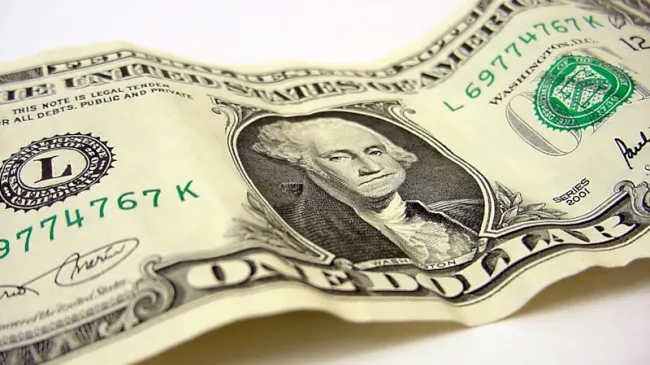Making Enemies
Beware of trade restrictions, writes N. Joseph Potts; they are often followed by war. Iraq is only one case. The United States embargoed sales of scrap iron to Japan before the war with that country began in 1941, and probably worse, secretly colluded with Britain, China, and the Netherlands (which at the time controlled oilfields in Indonesia) to deny petroleum resources to Japan, a step still cited today in Japanese accounts of the causes of its war with the United States.










